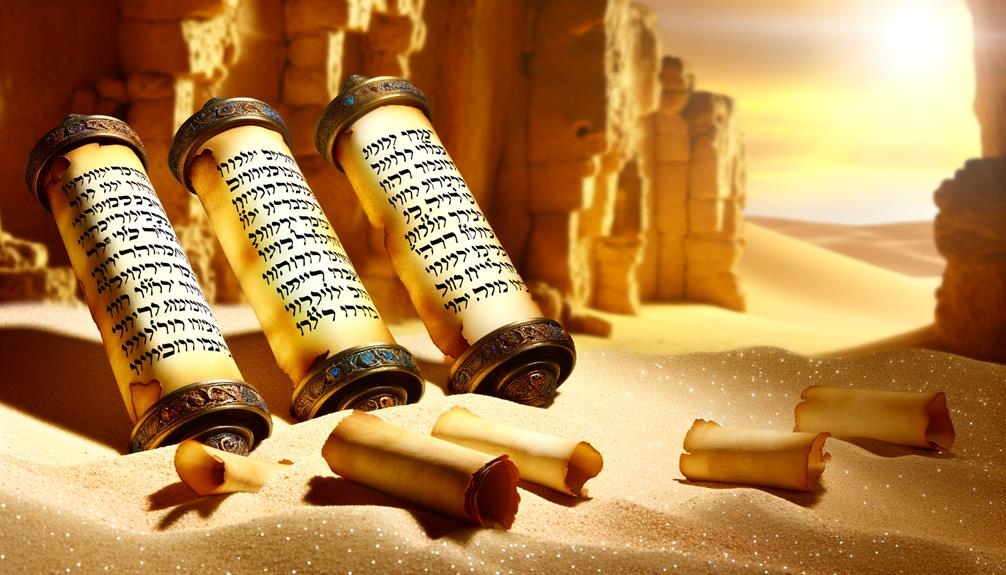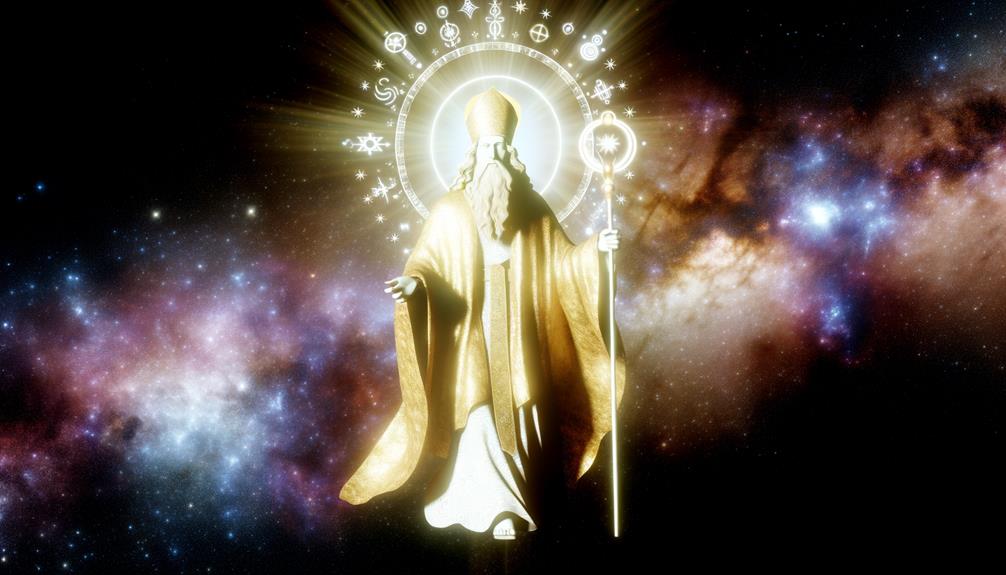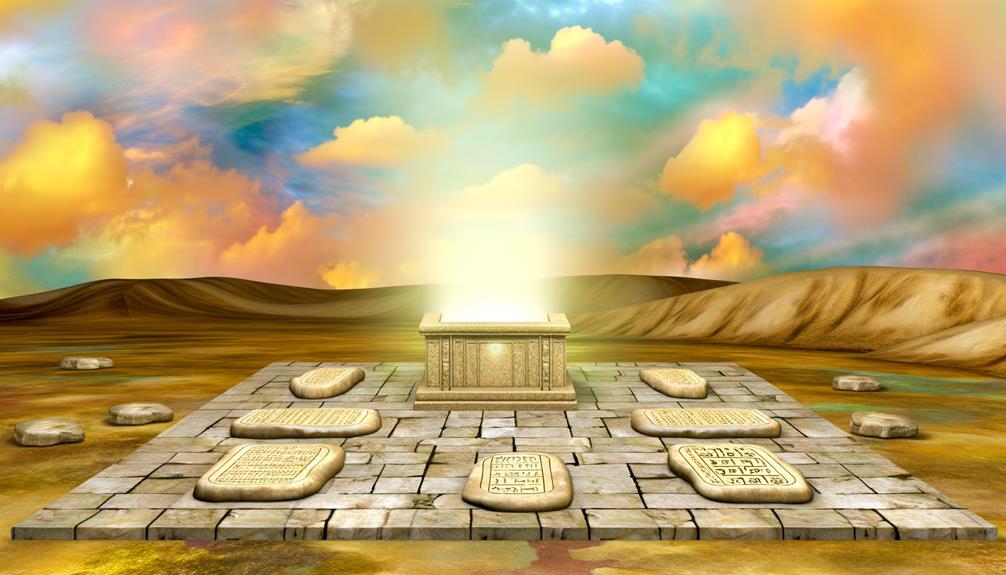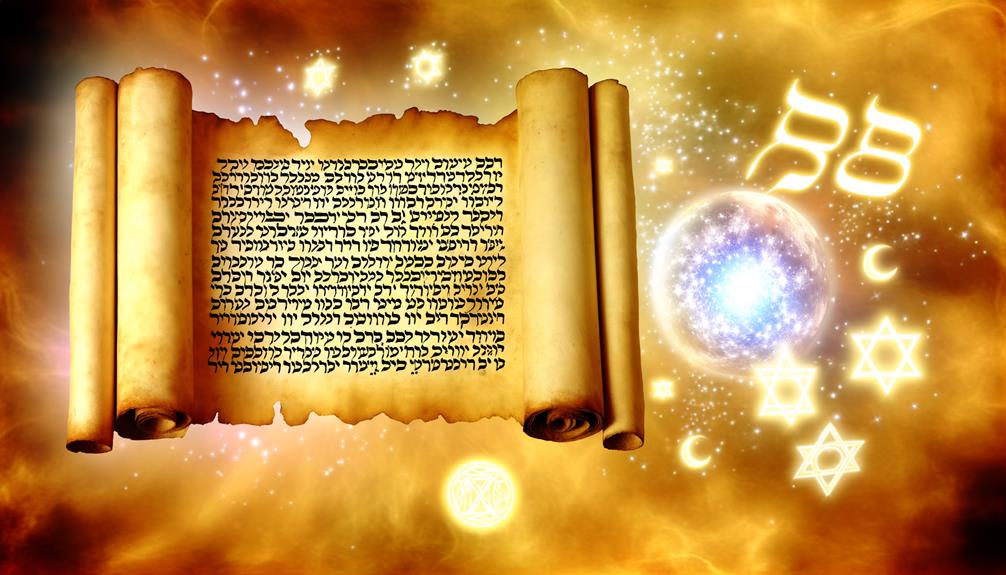El Meaning In The Bible: God’s Power and Majesty
In the Bible, ‘El’ is a term rooted in ancient Semitic languages, often appearing as a foundational word for deity in the Old Covenant. It encapsulates the attributes of strength, supremacy, and sanctity, playing a central role in shaping Israelite monotheism.
‘El’ frequently appears in compound names, such as ‘El Shaddai‘ (God Almighty) and ‘El Elyon’ (Most High God), highlighting different aspects of divine authority and benevolence. The term also reflects the syncretic evolution from a polytheistic context to monotheistic worship, symbolizing the theological and cultural development of early Jewish belief systems.
Further exploration will reveal its pivotal influence on theological thought.

El Meaning in the Bible: Name of God and Its Spiritual Significance
| Aspect | Description |
|---|---|
| Word Origin | Hebrew word “El” (אֵל), meaning “God” |
| Common Usage | Used in compound names like El Shaddai (God Almighty), El Elyon (God Most High) |
| Biblical Reference | Genesis 17:1 – “I am El Shaddai; walk before me and be blameless.” |
| Meaning | Denotes might, strength, and divinity |
| Theological Importance | Highlights God’s supreme power and authority |
| Related Names | Elohim, El Roi, El Olam, El Gibbor |
Etymology of ‘El’

The term ‘El‘ originates from the ancient Semitic root word for deity, which has been documented across various languages and cultures within the Semitic language family.
This etymological root appears in Akkadian as ‘ilu,’ in Ugaritic as ‘il,’ and in Hebrew as ‘El,’ signifying a supreme god or a powerful divine entity.
The linguistic consistency across these languages suggests a shared cultural and religious heritage that venerates ‘El’ as a central figure.
In the broader Semitic context, ‘El’ often serves as a generic term for god but can also denote a specific deity within a pantheon.
This term’s widespread usage underscores its significance in ancient Semitic religious traditions, embodying both monotheistic and polytheistic elements.
‘El’ in the Old Testament

In the Old Covenant, ‘El’ frequently appears as a foundational term for the divine, often integrated into various compound names and titles that reflect different aspects of God’s nature and attributes.
For instance, ‘El Shaddai‘ signifies God Almighty, emphasizing omnipotence, while ‘El Elyon‘ denotes the Most High God, highlighting supreme authority.
The term ‘El’ is pivotal in understanding ancient Israelite theology, serving as a root in names like ‘Elohim,’ a plural form used to denote God’s majesty and plurality of majesty.
These compound forms underscore ‘El’ as a central figure in the religious texts, portraying a multifaceted deity who embodies strength, supremacy, and sanctity, thereby shaping the theological landscape of the Old Scripture.
Attributes of ‘El’

How do the attributes of ‘El’ provide a thorough understanding of the divine nature as depicted in biblical texts?
The attributes of ‘El’ encompass both transcendent and immanent qualities, offering a balanced perspective of divine omnipotence, omniscience, and omnipresence.
‘El’ is often depicted as a powerful, sovereign entity, epitomized by titles such as ‘El Shaddai’ (God Almighty) and ‘El Elyon’ (God Most High). These titles emphasize supreme authority and unparalleled might.
Concurrently, ‘El’ is seen as compassionate and just, ensuring a moral framework within the covenantal relationship with humanity.
This duality—of strength and benevolence—provides a thorough portrayal of ‘El’ as both a formidable and nurturing deity, shaping the fundamental understanding of God’s nature in biblical theology.
‘El’ in Ancient Israelite Religion

Within the religious landscape of ancient Israel, ‘El’ occupied a central role as a primary deity whose worship and attributes greatly influenced the development of Israelite monotheism.
‘El’ was often depicted as the benevolent father and king of gods, embodying wisdom and authority. This characterization directly impacted how Israelites perceived their own God, Yahweh, leading to the eventual fusion of Yahweh with ‘El’ attributes.
| Aspect | ‘El’ in Canaanite Religion | ‘El’ in Israelite Religion |
|---|---|---|
| Title | Father of gods | Sovereign deity |
| Attributes | Wisdom, Authority | Wisdom, Authority |
| Worship | Polytheistic context | Monotheistic evolution |
The adaptation of ‘El’s’ characteristics into Israelite monotheism underscores the syncretic evolution of ancient religious beliefs.
Theological Implications of ‘El

The integration of ‘El’ into Israelite theology presents profound implications for understanding the evolution of monotheistic belief systems in the ancient Near East.
‘El’ originally referred to a chief deity in Canaanite religion, often associated with creation and sovereignty. As Israelite religion evolved, ‘El’ became synonymous with Yahweh, reflecting a theological shift towards monotheism.
This fusion underscores a complex interplay between cultural assimilation and religious innovation. It reveals how ancient Israelites recontextualized existing deities to articulate a unique, monotheistic identity.
By examining this transformation, scholars can better grasp the dynamic processes through which religious beliefs are formed, adapted, and institutionalized.
Consequently, the role of ‘El’ is pivotal in tracing the historical development of early Jewish theology.
Conclusion
To sum up, the term ‘El’ holds significant theological and historical importance within the biblical context.
Despite potential objections regarding its ambiguous nature, a detailed examination reveals that ‘El’ functions as a pivotal concept in understanding the monotheistic evolution within ancient Israelite religion.
By exploring its etymology, attributes, and usage in the Old Scriptures, a more nuanced appreciation of ‘El’ emerges, underscoring its critical role in shaping early Judeo-Christian theological constructs.






